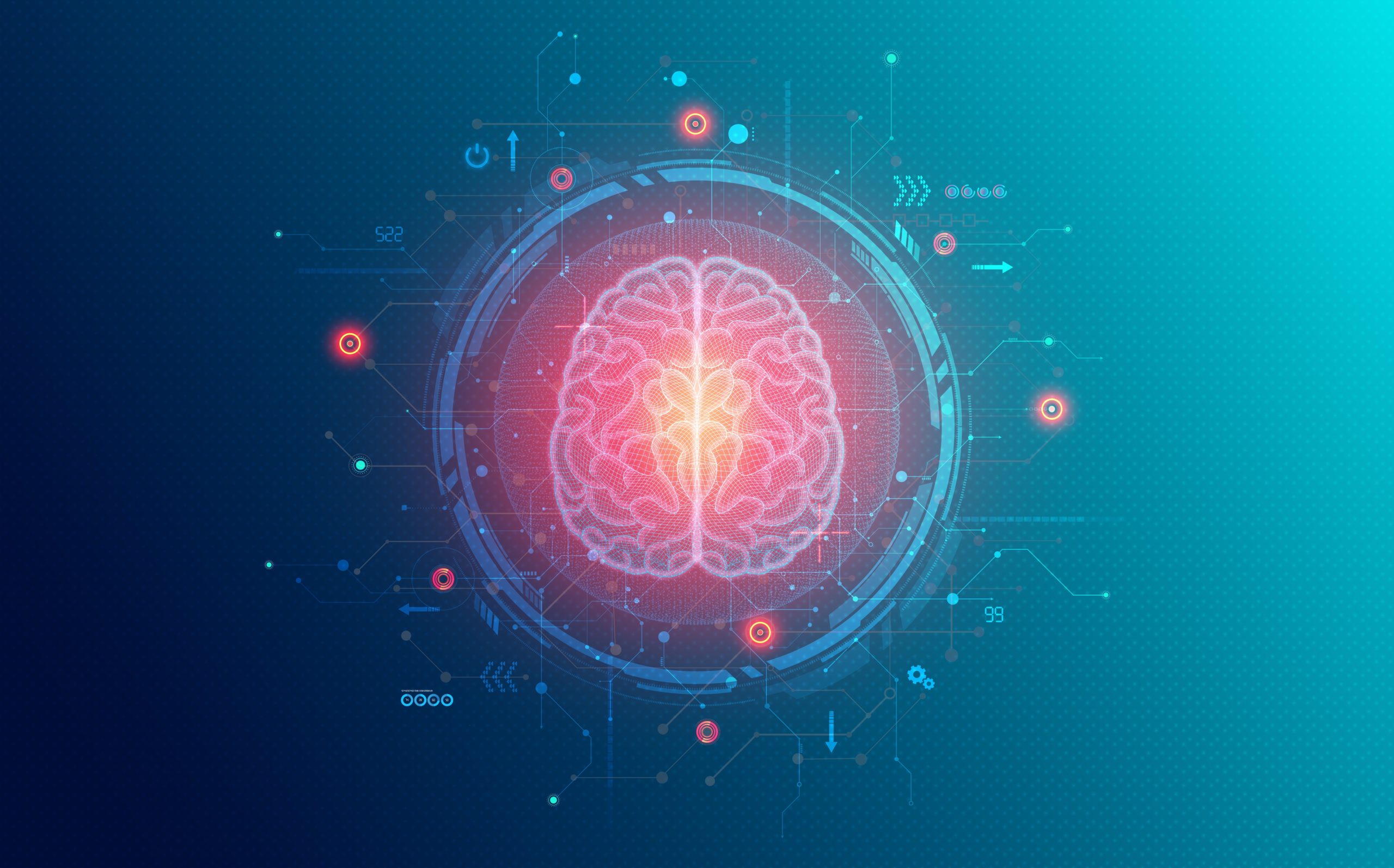Karen S. Rommelfanger, PhD neurotech Ethicist and Neuroinnovation Strategist
Imagine a world without dementia, where the disease process can be halted in the brain before doctors today are even aware the brain is getting sick. Imagine in-ear headphones that could detect stressed brain activity and then respond by playing your favorite calming music. Emerging brain science and technology is poised, to quote a UK Royal Society report, to change our lives in ways that might be an unimaginable today as the smartphone was a few decades ago.
Last December 2023, the Council of the European Union issued the Léon Declaration on European Neurotechnology. The signing of the Declaration, spearheaded by the Spanish Presidency of the Council, represents the member states’ commitment to focus on digital transformation that is not only human-centered, but also human rights oriented.

Members of the public may be aware of the ethical and human rights implications around other technologies like social media and artificial intelligence. However, neuro- or brain technology—those technologies designed to directly detect, stimulate, or interpret activity in the brain or spinal cord—has created a heightened sense of urgency and action.
This Declaration comes on the heels of a growing global movement to explore the impact that rapidly evolving technologies will have on our nature, our relationships with one another, and how we live together as a neurotechnology-enabled society.
Why are countries and multi-lateral organizations so attentive to neurotechnology? It is clear these technologies show enormous promise both in the medical context and how we will live or everyday lives. One of the most exciting things about neurotechnology is what makes it so ethically complicated—the potential to gain deep insights about and intervene with a person’s mental function.
The ability to acquire intimate information from your brain, like any data, could be used in ways that not only empower, but also take power away in if the wrong hands or not used thoughtfully. In the medical context, we might want to stimulate the brain to restore function like movement, or speech. But we might also stimulate an artificial sensation, emotion, or even thoughts.
With any emerging technology, we face a pacing problem where technology develops faster than we can regulate it. The Collingridge dilemma is the challenge of prematurely regulating the unknown, unpredictable outcomes or waiting so long to regulate that the tech is too entrenched to change or regulate.
Unlike social media and to some extent AI, it is not too late to develop an effective strategy for neurotechnology. Scientists and engineers can still commit to developing best ethical practices. In parallel, policymakers can work toward careful refinement of privacy laws to explicitly outline acceptable and unacceptable contexts for data collection and use, or even whether data derived from the brain should be considered a special category of “sensitive” data.
Neurotechnology has the potential to become a positive case study for emerging technologies. Policy makers still have an opportunity to get ahead and set up guardrails for a positive future. There is a caveat: we can only do so by working with scientists, industry, and importantly the citizens and patients for whom they are being designed.
We have learned [MOU1] from the pioneering work of the Chile who became the first county to legislate toward offering protection for citizens related to neurotechnology that the efficacy can be limited if diverse audiences are not invited to inform governance.
Spain is positioned to lead ethical neurotechnology development and governance. Spain, through its Digital Rights Charter [MOU2] has already included provisions for digital rights in the use of neurotechnologies. These include protections to preserve individual identity, data protection, and regulation for technologies that could lead to cognitive enhancement.
Spain through its established commitment to technological humanism —a model of technological development centered on human beings, protections of their rights– has an opportunity to be an exemplar in promoting a world with humanistic neurotechnology as well. As Spain endeavors to create Spain Neurotech, Spain will have the opportunity to lead by example. Spain can develop neurotechnology within the framework of technological humanism, digital rights, and inclusion of diverse human voices—including citizen, policymakers, scientists, and industry– to create a path forward together.
Stay up to date about everything
Subscribe to stay up to date with the latest content from Mobile World Capital Barcelona.
